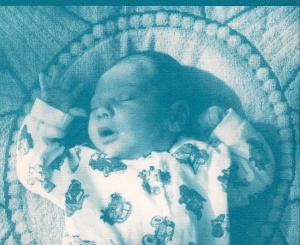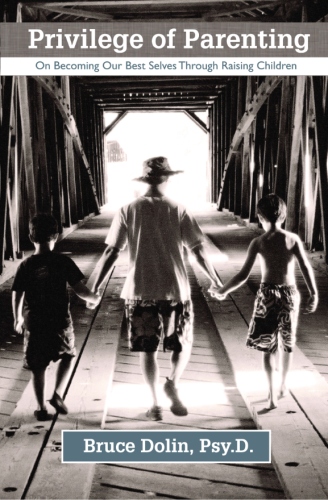 Being the winter’s solstice, it seems a propitious day to offer up my “good-enough” parenting book, Privilege of Parenting, and to unveil my new blog home with much thanks to Sarah Fite (and for the book cover design as well).
Being the winter’s solstice, it seems a propitious day to offer up my “good-enough” parenting book, Privilege of Parenting, and to unveil my new blog home with much thanks to Sarah Fite (and for the book cover design as well).
One of my favorite psychologists, D.W. Winnicott, coined the term “good-enough mother,” intuitively arguing against the possibility, or efficacy, of perfection in parenting—assuring us that “good-enough” will help kids grow and thrive just fine. This is probably true for all of life, the value of the middle path—trying our best for excellence, but not perfection.
While I wish I could offer up a better book, a magical book that could mean all things to all people and magically transform parenting into song and dance and sugar the way Mary Poppins rolls, I hope my book shall suffice to serve as a “hello” to anyone who sincerely wants to talk about parenting and work together for the good of all our collective children.
I also wish the book were shorter, but I simply couldn’t find the time to make it any more concise.
So, in a spirit of love and gratitude, I wish all who come across these words good cheer, encouragement through dark nights of the soul and fellowship in neurosis—in the service of all our kids. If it takes a village, let’s be the village people.









